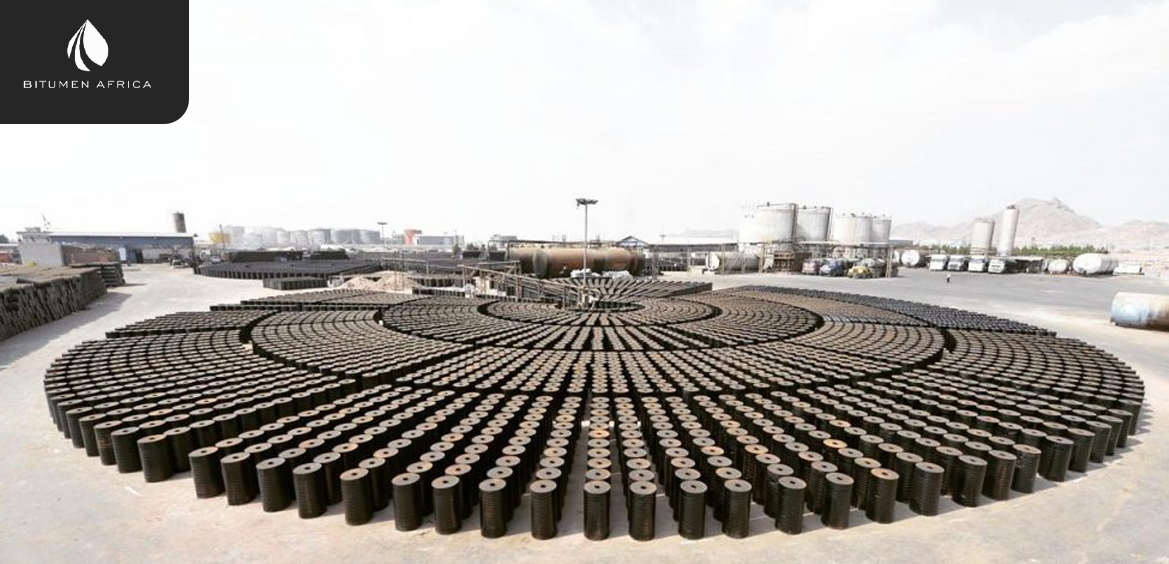Detailed Properties of Bitumen 200/300:
- Consistency:
- The penetration grade (200-300) indicates a softer consistency compared to harder grades like 40/50 or 70/100. This flexibility benefits various applications where adaptability to environmental conditions is crucial.
- Chemical Composition:
- Bitumen is composed of a complex mixture of hydrocarbons. Its specific composition can influence its performance characteristics, such as adhesion and durability.
- Density:
- Bitumen usually has a density of about 1.0 to 1.2 g/cm³, which ensures stability in construction applications.
- Thermal Stability:
- This grade maintains its properties over a range of temperatures, making it suitable for hot and cold climates.
- Elasticity and Plasticity:
- Bitumen 200/300 has good elastic properties, allowing it to recover from temporary deformations, which helps maintain pavement integrity under load.
We Also start our podcast: Bitumen Africa Podcast E01
Additional Uses of Bitumen 200/300:
- Paving Mixes: Used to produce dense asphalt concrete (DAC) for roads, they provide excellent skid resistance and durability.
- Surface Courses: Often utilized for the top layer of road pavements due to its ability to resist wear and tear from traffic.
- Cold Mixes: Suitable for producing cold-mix asphalt, facilitating repairs and maintenance without the need for heating.
- Waterproofing Membranes: Employed in the manufacturing of membranes for modern roofing systems, providing a reliable barrier against water infiltration.
- Joint Sealants: Used in construction joints and cracks to prevent water ingress and sustain structural integrity.
Advantages of Using Bitumen 200/300:
- Durability:
- Offers extended service life due to its resistance to aging and weather effects, resulting in lower maintenance costs.
- Versatility:
- Can be modified with polymers or other additives to enhance its properties, allowing customization for specific applications.
- Ease of Application:
- Its softer consistency allows for easier handling and application during construction processes.
- Cost-Effectiveness:
- Generally, the use of bitumen can lead to cost savings in road construction and maintenance due to its long service life and lower repair frequencies.
- Sustainability:
- Can be recycled in asphalt production, contributing to sustainable construction practices.
Conclusion:
Bitumen 200/300 is a widely used material in various construction applications, renowned for its favorable properties, durability, and versatility. Whether in road construction, roofing, or manufacturing applications, it is vital in ensuring infrastructure reliability and longevity.

